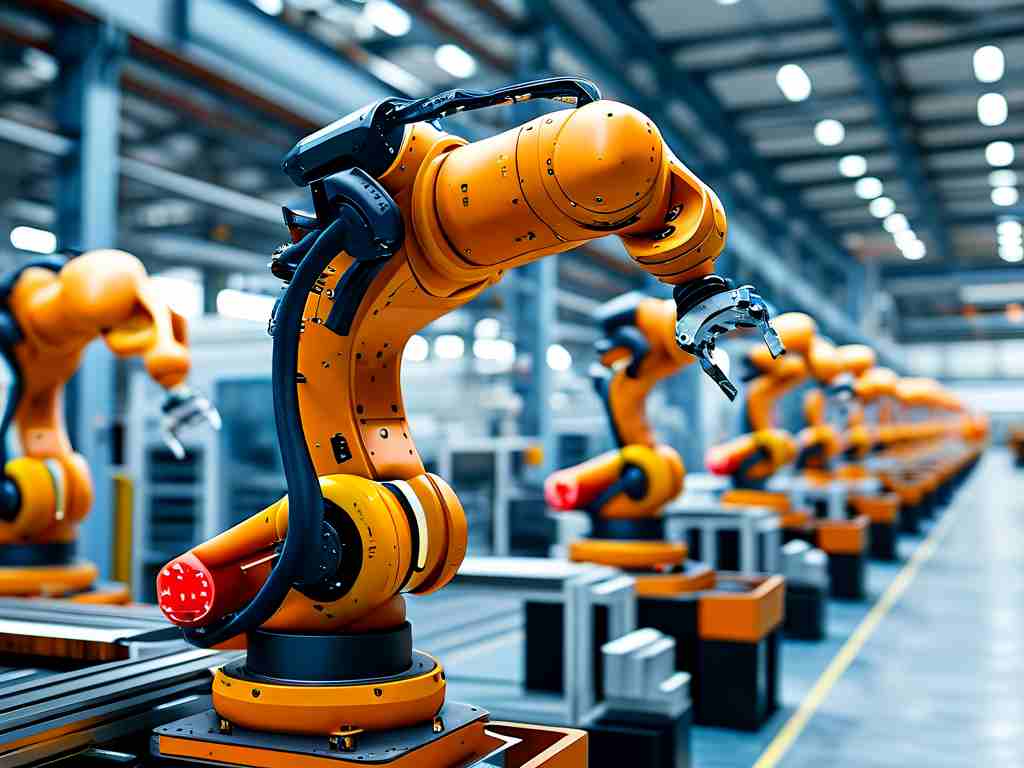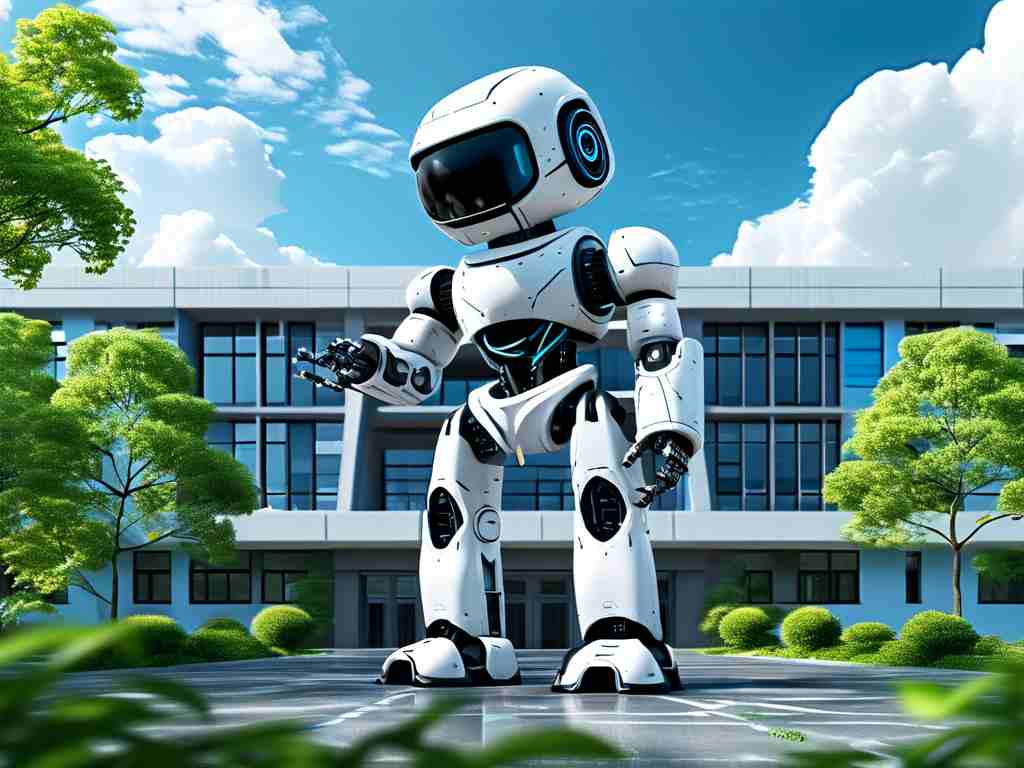In the rapidly evolving landscape of technology, robotics has emerged as one of the most transformative fields, reshaping industries and creating unprecedented employment opportunities. As automation, artificial intelligence (AI), and advanced manufacturing redefine the global workforce, professionals equipped with robotics expertise are becoming indispensable. This article explores how learning robotics technology can pave the way for a thriving career, the skills required, and the industries actively seeking this expertise.
The Rise of Robotics in the Modern Workforce
Robotics technology is no longer confined to science fiction. Today, it drives innovation in healthcare, agriculture, logistics, manufacturing, and even entertainment. According to a 2023 report by the International Federation of Robotics, over 3 million industrial robots are currently operational worldwide, with demand growing by 12% annually. This surge is fueled by companies striving to enhance efficiency, reduce costs, and address labor shortages. For job seekers, this translates to a wealth of opportunities in roles such as robotics engineers, automation specialists, AI developers, and maintenance technicians.

Key Skills for a Career in Robotics
To thrive in robotics, a multidisciplinary skill set is essential:

- Programming Proficiency: Mastery of languages like Python, C++, and ROS (Robot Operating System) is critical for designing and controlling robotic systems.
- Electronics and Mechanics: Understanding sensors, actuators, and microcontrollers enables professionals to build and troubleshoot physical robots.
- AI and Machine Learning: Integrating AI algorithms allows robots to perform complex tasks, from autonomous navigation to decision-making.
- Systems Integration: Robotics often involves merging hardware and software, requiring knowledge of embedded systems and IoT (Internet of Things).
- Problem-Solving and Creativity: Innovating solutions for real-world challenges—such as optimizing warehouse robots or developing surgical bots—is a cornerstone of the field.
Educational pathways include degrees in mechanical engineering, computer science, or specialized robotics programs. However, online courses, certifications, and hands-on projects (e.g., building DIY robots or participating in competitions like FIRST Robotics) are equally valuable for skill development.
Industries Hungry for Robotics Talent
- Manufacturing and Automation: Factories are adopting collaborative robots (cobots) to work alongside humans, demanding experts who can program and maintain these systems.
- Healthcare: Surgical robots, prosthetics, and rehabilitation devices require engineers who understand both technology and human anatomy.
- Agriculture: Autonomous tractors and drones for crop monitoring are revolutionizing farming, creating roles in precision agriculture.
- Logistics and E-Commerce: Companies like Amazon rely on robotic warehouses and delivery drones, needing specialists in automation and supply chain optimization.
- Space and Defense: Robotics is pivotal in space exploration (e.g., NASA’s Mars rovers) and military applications like bomb disposal robots.
Success Stories: From Learning to Employment
Consider the journey of Maria Gonzalez, a former automotive technician who upskilled through a robotics certification program. Within a year, she transitioned to a role as an automation engineer at a major car manufacturer, doubling her salary. Similarly, Raj Patel, a computer science graduate, leveraged online courses in AI and robotics to join a startup developing AI-powered service robots for hotels. These stories highlight how targeted learning can open doors to high-demand careers.
Challenges and Future Trends
While the prospects are bright, challenges exist. Rapid technological advancements require continuous learning to stay relevant. Additionally, ethical considerations—such as job displacement due to automation—must be addressed through policies and reskilling initiatives.
Looking ahead, trends like soft robotics (flexible, adaptable machines), swarm robotics (coordinated robot groups), and human-robot collaboration will dominate the field. Professionals who embrace lifelong learning and interdisciplinary thinking will remain at the forefront.
Learning robotics technology is not just about acquiring technical skills—it’s about future-proofing one’s career in an era of automation. With industries across the spectrum investing in robotics, the demand for skilled professionals shows no sign of slowing. Whether through formal education or self-directed learning, individuals who dive into this field today position themselves to lead the technological revolution of tomorrow. The robots aren’t coming; they’re already here. The question is: Are you ready to join them?









